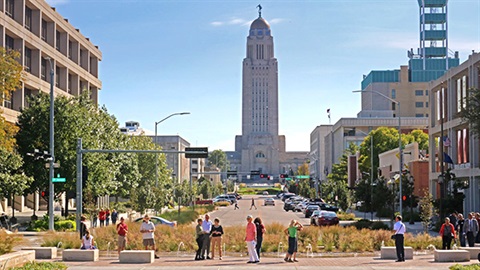People in the Alzheimer's community need HOPE. Clinical trials are important because they may lead to better treatments, reversal of disease and "maybe" a cure.
When scientists develop a new treatment, like a drug for Alzheimer's disease they have to test it first to see if it is safe!
The medication is tested in stages called Phases. The phases check for SAFETY, SIDE EFFECTS and EFFECTIVENESS (whether the drug is working or not). Each Phase has a trial.
Phase 1 trial - tests to see if the treatment is safe, has side effects, and the correct dosage. (Only a small amount of people participate in a Phase 1 trial. IF everything is ok, then a Phase II trial is given.
Phase II trial - tests a bigger group of people. Scientists want to see how well the drug works (efficacy). Researchers gather data to see if the treatment is helping.
Phase III trial - tests more people and diverse communities in the population. Different doses are tested. Sometimes the treatment medication is combined with another medication.
GOOD NEWS - If the scientists determine that the Phase III trial is working it can be approved by the Federal Drug Administration (FDA)! That means that there could be a NEW treatment to help people with Alzheimer's and other dementias.
Phase IV trial - After FDA approval the researchers conduct post-marketing studies (required by the FDA) they continue to make sure that the medication is effective and safe.
Scientists are studying many drugs and treatments for Alzheimer's disease. We must never lose hope!
Click here to read an article from the Alzheimer's Prevention Registry: https://bit.ly/3qG5wvc























